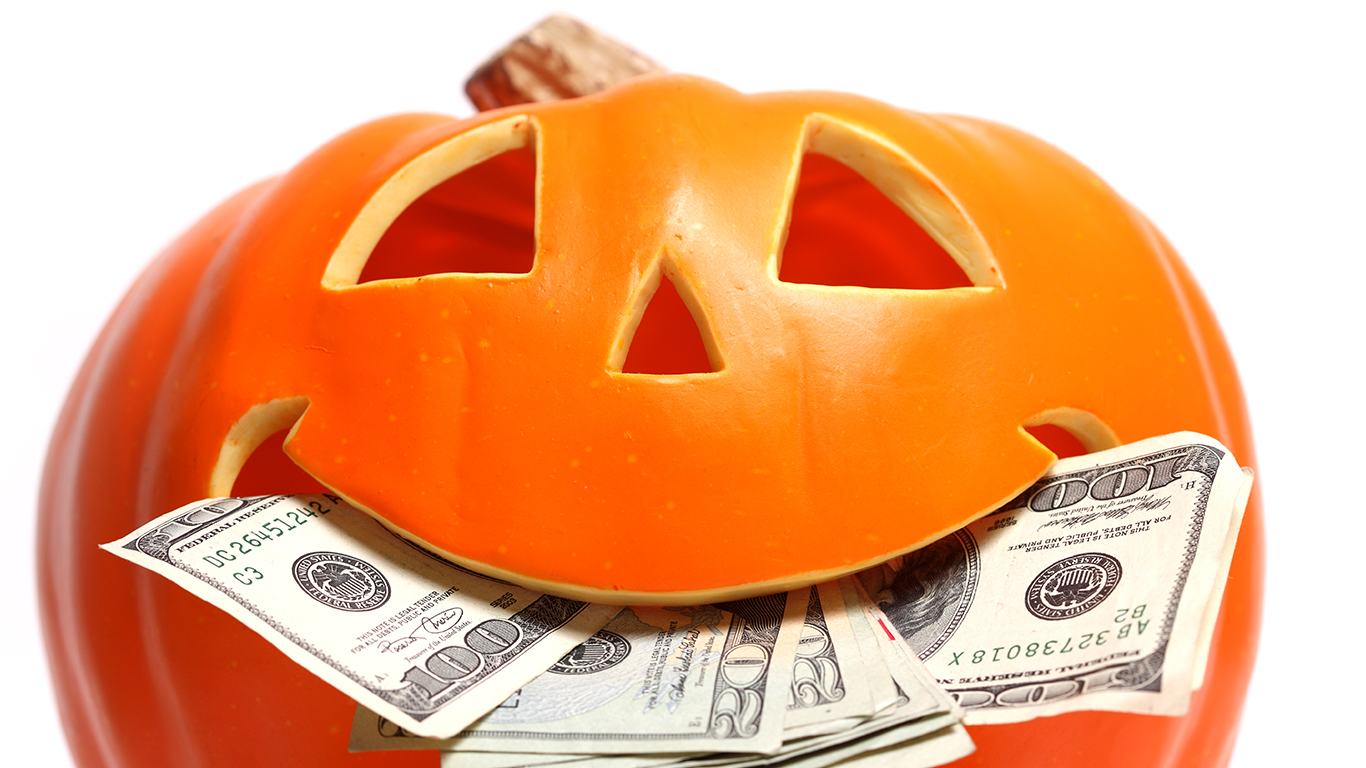
"Investors love dividend stocks, especially high-yield varieties, because they offer a significant income stream and have substantial total return potential. Total return includes interest, capital gains, dividends, and distributions realized over time. In other words, the total return on an investment or a portfolio consists of income and stock appreciation. Let's take a closer look at the concept of total return. Imagine you purchase a stock at $20 that offers a 3% dividend. If the stock price rises to $22 over the next year, your total return is 13%."
"A long-overdue sell-off is likely to come next year. While it does not necessarily signal a market crash, it could signal a fast-and-furious 10%, 15%, or even 20% drop into bear-market territory, as we saw earlier this year. We have been looking for ideas that could withstand a swift sell-off, and the group commonly known as the "sin stocks" may be just the ticket for worried investors."
"One category on Wall Street that some portfolio managers don't want to discuss in their portfolios is the so-called sin stocks. These are companies that sell tobacco and alcohol products, run gambling casinos, sex-related industries, weapons manufacturers, and now even marijuana producers. While they don't all seem sinful at the margin, some money management companies, like some investors, refuse to own them."
Dividend stocks, particularly high-yield varieties, provide significant income streams and meaningful total-return potential. Total return comprises interest, capital gains, dividends, and distributions, effectively combining income with stock appreciation. For example, a $20 stock paying a 3% dividend that rises to $22 yields a 13% total return by adding a 10% price gain to the 3% dividend. A likely long-overdue sell-off could produce a rapid 10%–20% decline. Certain so-called sin stocks—tobacco, alcohol, gambling, sex-related industries, weapons, and marijuana—may better withstand swift sell-offs. Some managers avoid these names while others identify dependable, high-yield, Buy-rated candidates. Passive income generates revenue without requiring continuous active effort, supporting investor interest in dividend names.
Read at 24/7 Wall St.
Unable to calculate read time
Collection
[
|
...
]